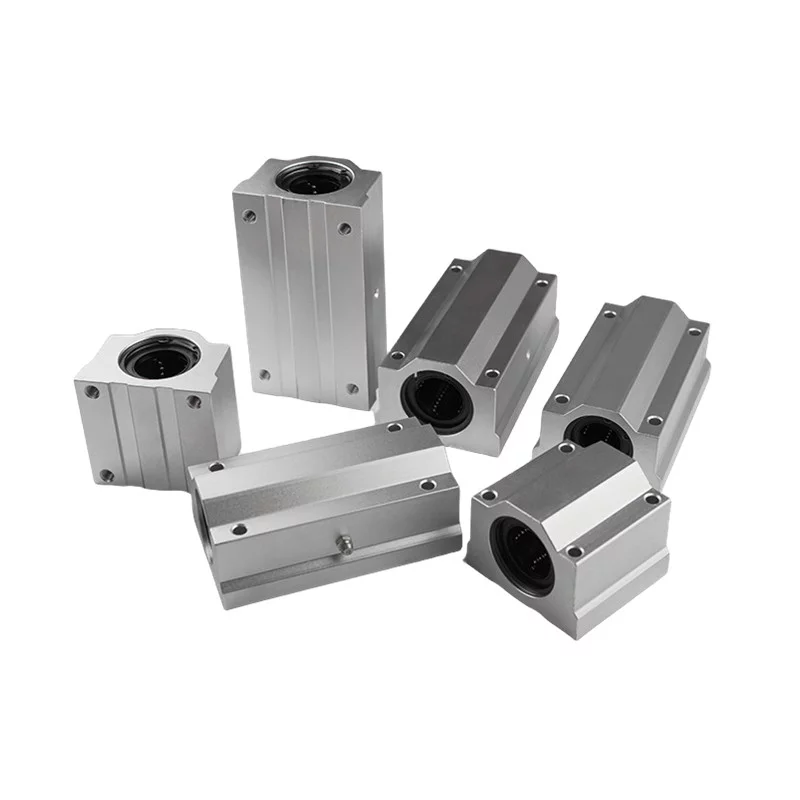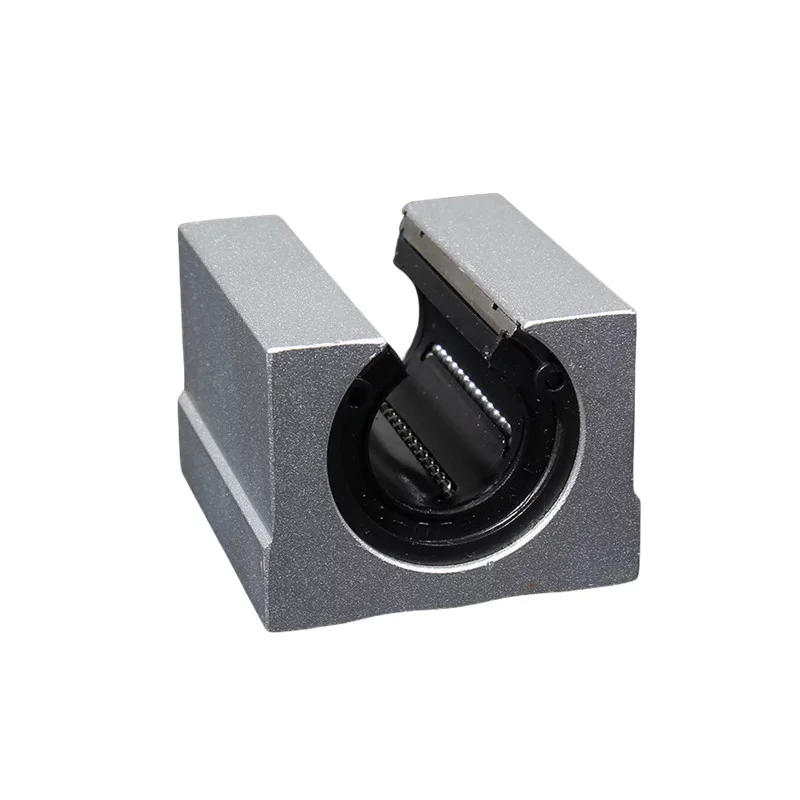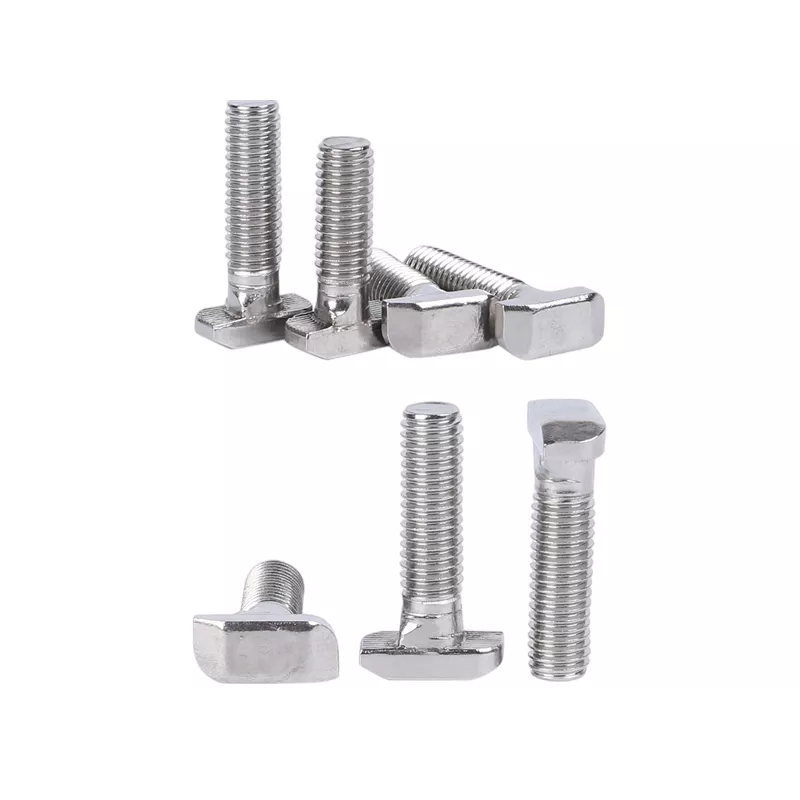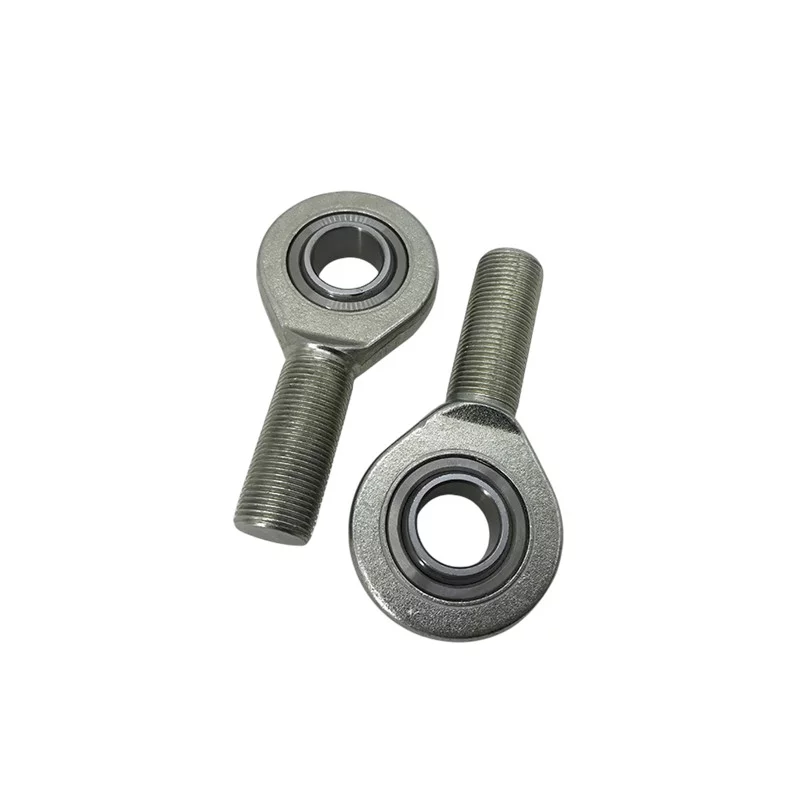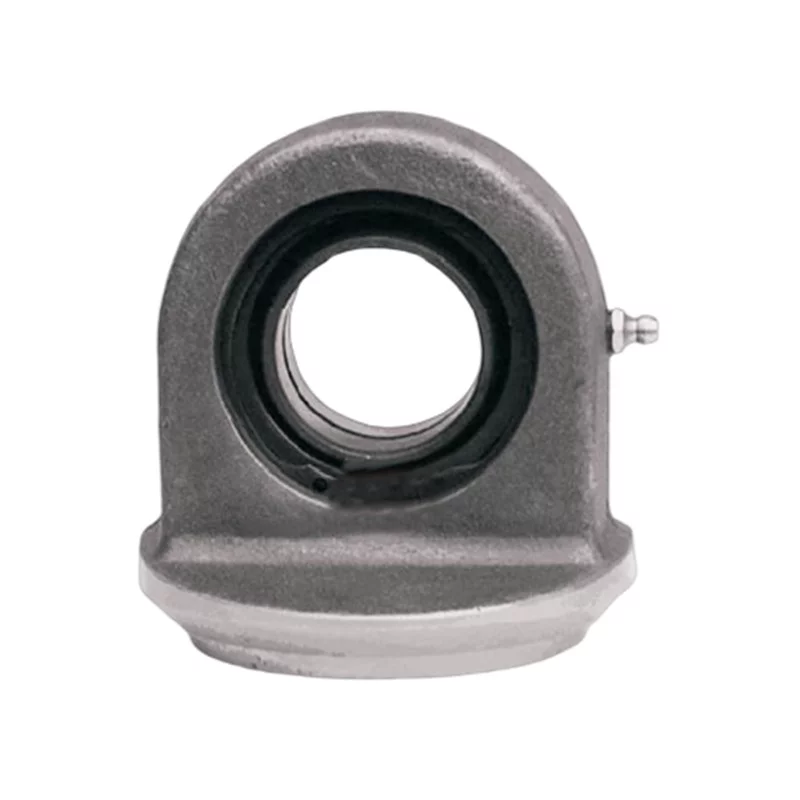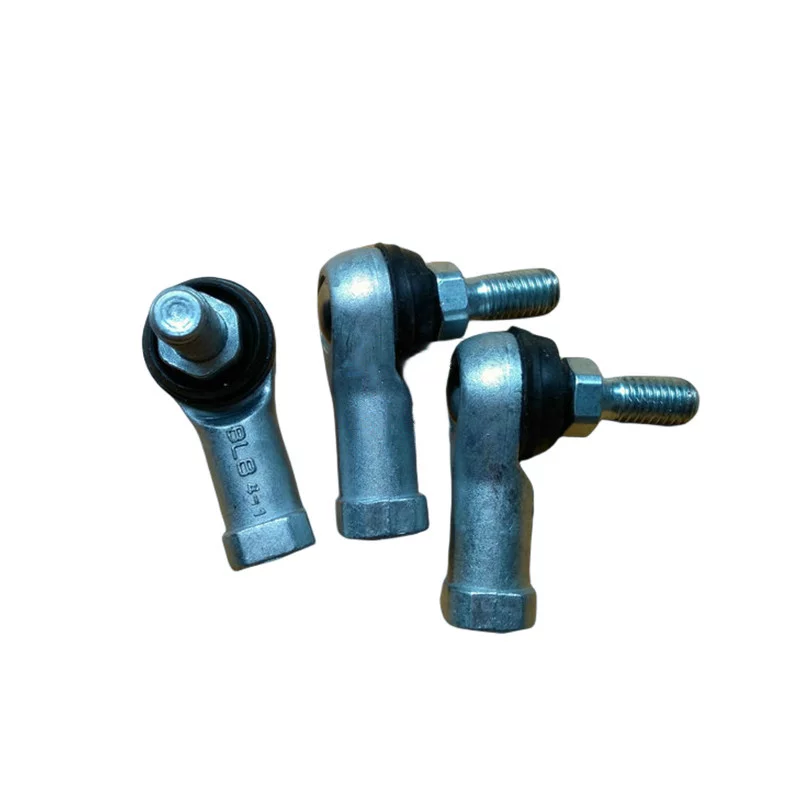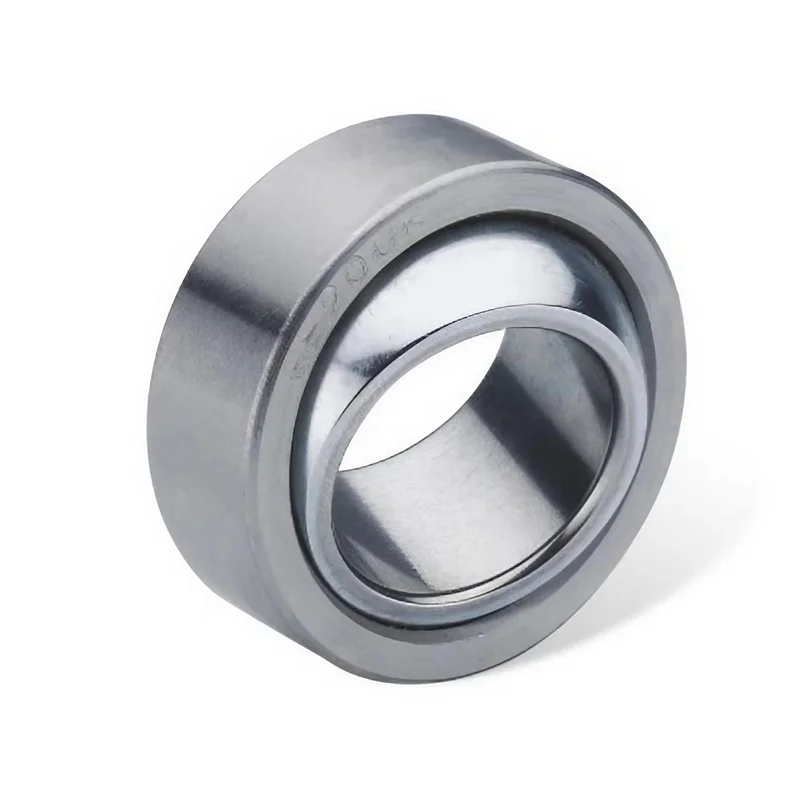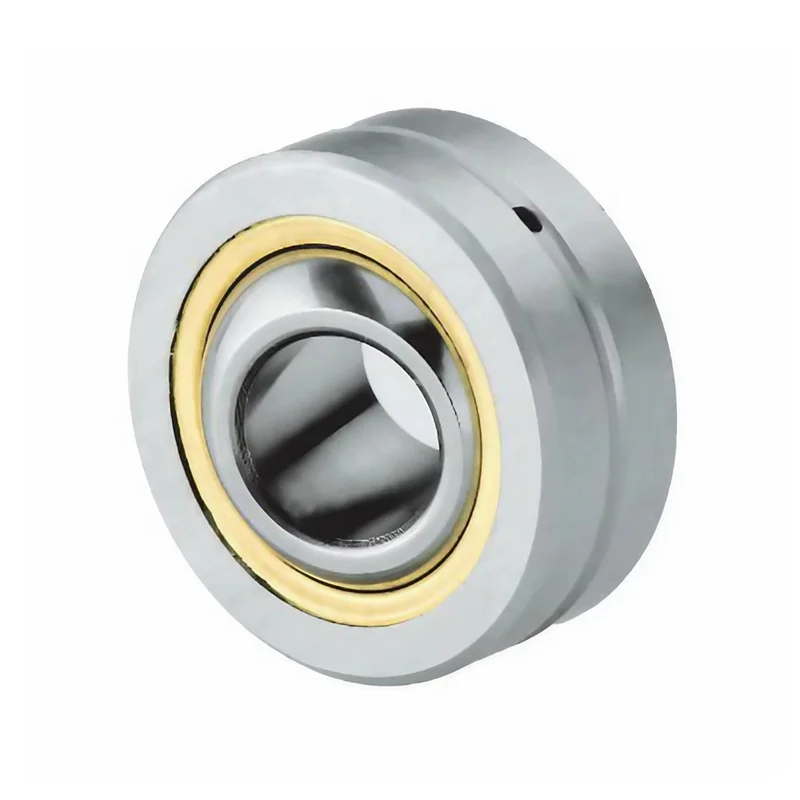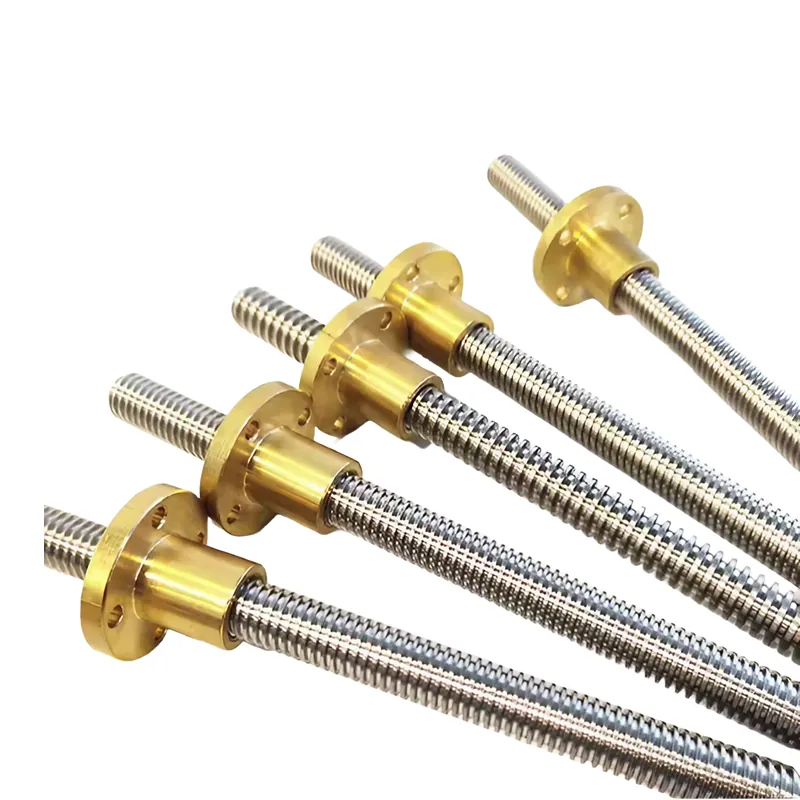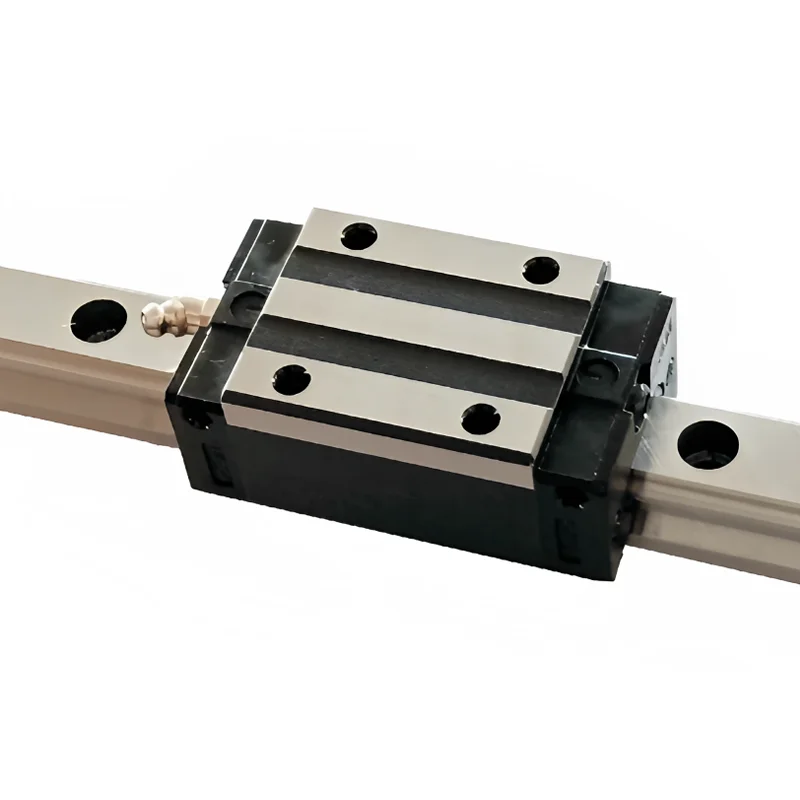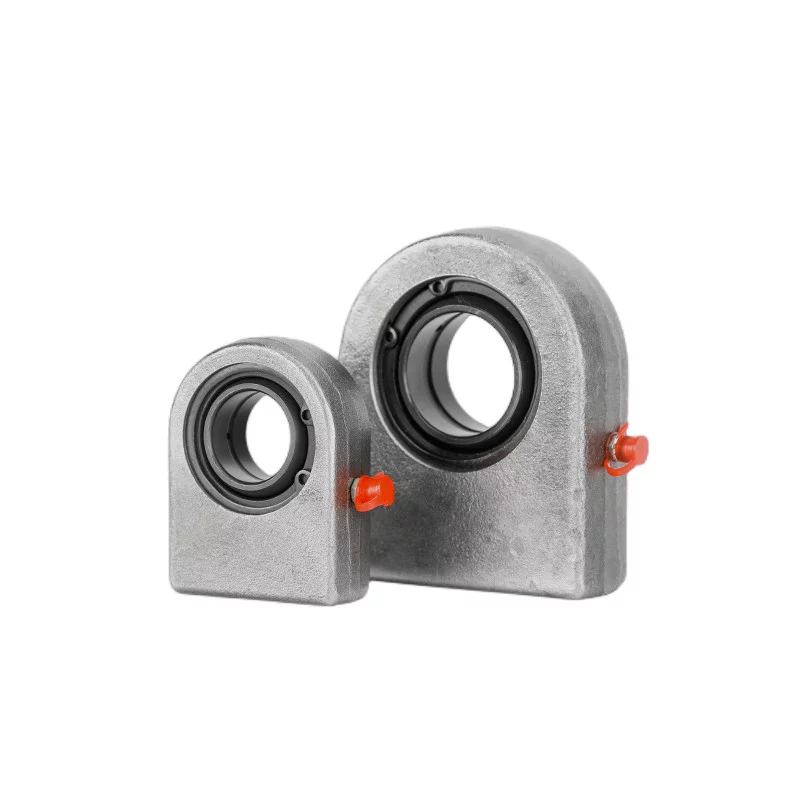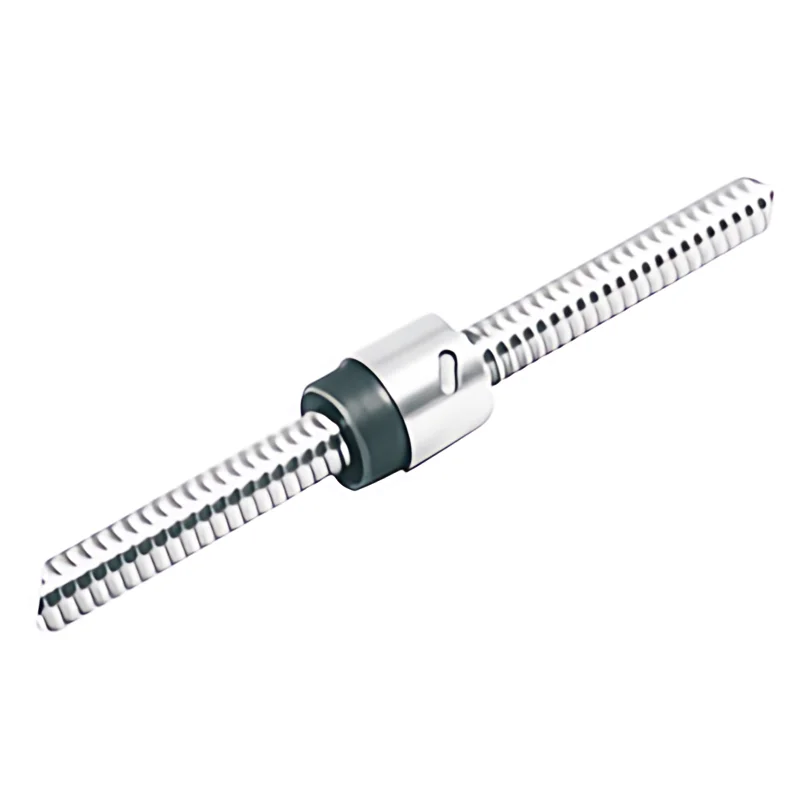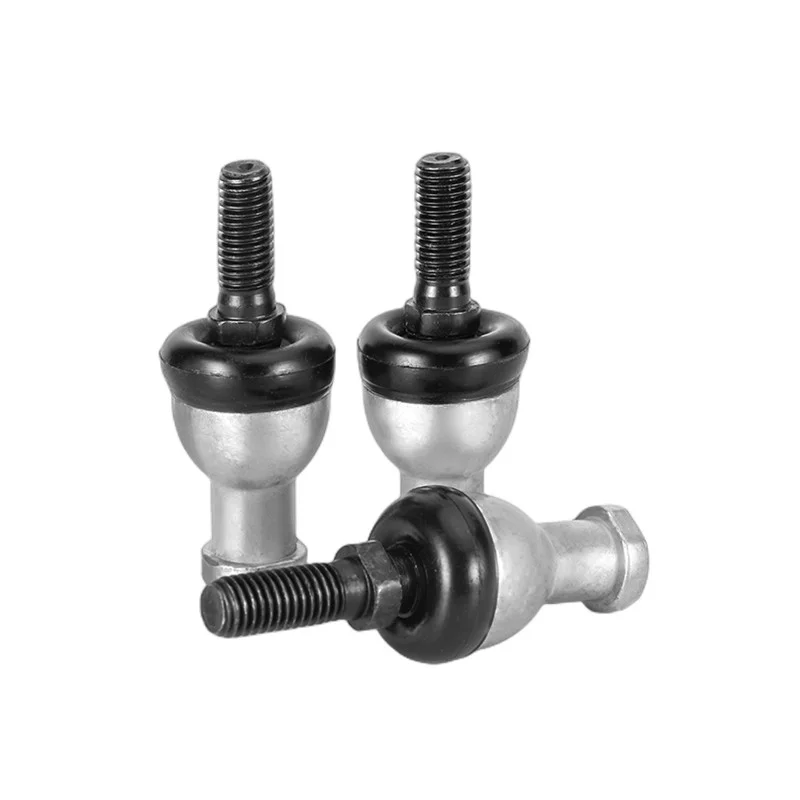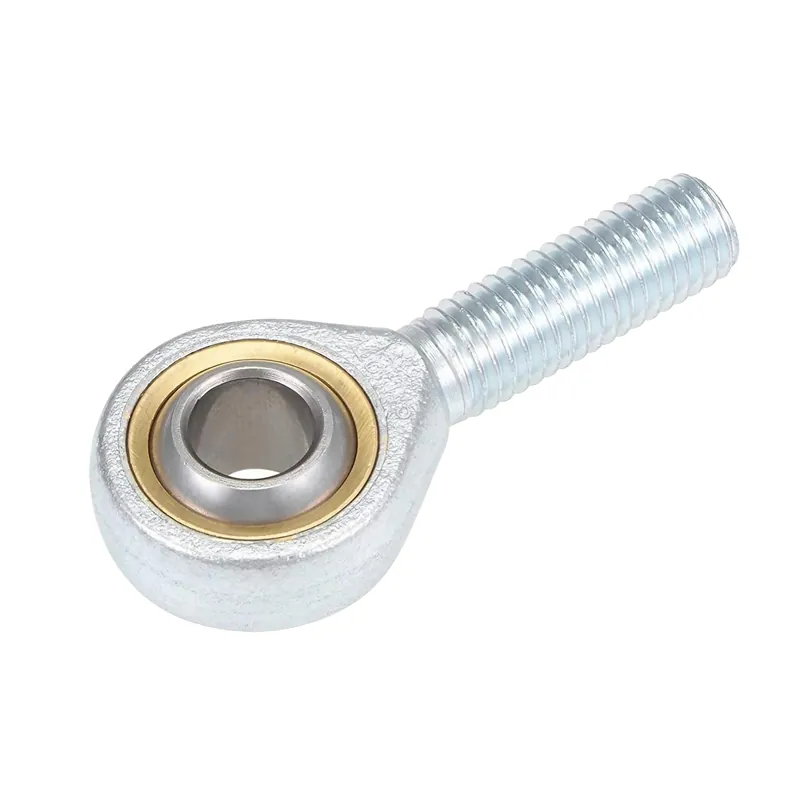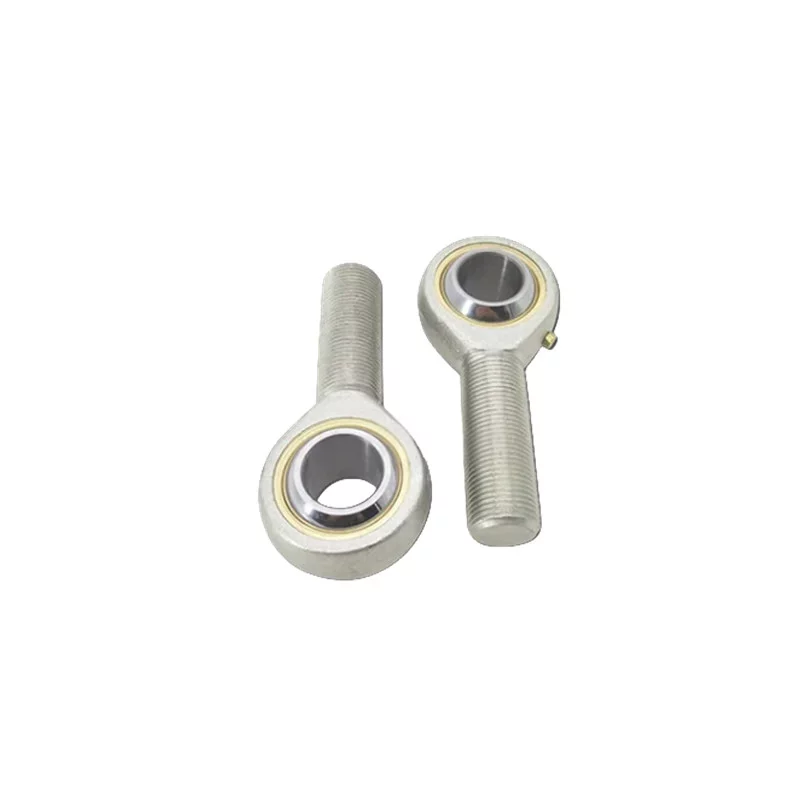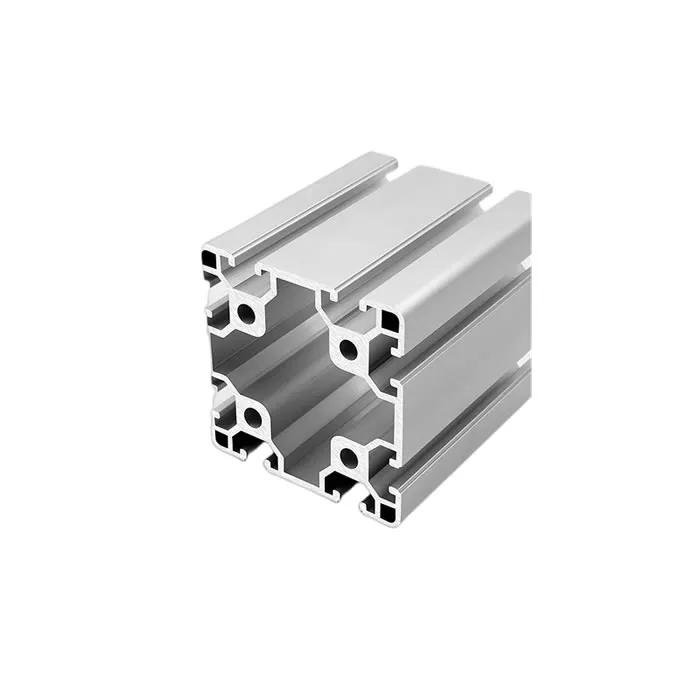Ball screw or lead screw
1. Precision and Accuracy: Ball Screws generally offer higher precision and accuracy compared to lead screws.
They have lower friction and backlash, resulting in smoother motion control and improved positioning accuracy.
If your application demands high precision or requires tight tolerances, a ball screw may be the better choice.
2. Load Capacity: Ball screws typically have higher load-carrying capacities compared to lead screws.
They can handle heavier loads without sacrificing performance or introducing excessive wear.
If your application involves heavy loads or requires high thrust capabilities, a ball screw is likely more suitable.
3. Efficiency: Ball screws are known for their high efficiency due to rolling contact between the balls and the threads.
This efficiency translates into reduced power consumption and heat generation during operation compared to lead
screws that rely on sliding contact. If energy efficiency is a priority in your application, a ball screw may be advantageous.
4. Speed: Ball screws are capable of operating at higher speeds than lead screws due to their lower friction characteristics.
If your application requires rapid movement or high-speed operation, a ball screw is more likely to meet those requirements effectively.
5. Cost Considerations: Lead screws tend to be more cost-effective compared to ball screws since they involve
simpler manufacturing processes and materials. If cost is a significant factor in your project or if the
precision requirements are not as stringent, opting for a lead screw may be more economical.
6. Maintenance Requirements: Lead screws generally require less maintenance than ball screws since they don't
rely on rolling elements that need lubrication or periodic inspection/replacement like balls do.
Before choosing between a ball screw or a lead screw for your application, you need to figure out each one’s
distinct characteristics and how they best match your specific needs.
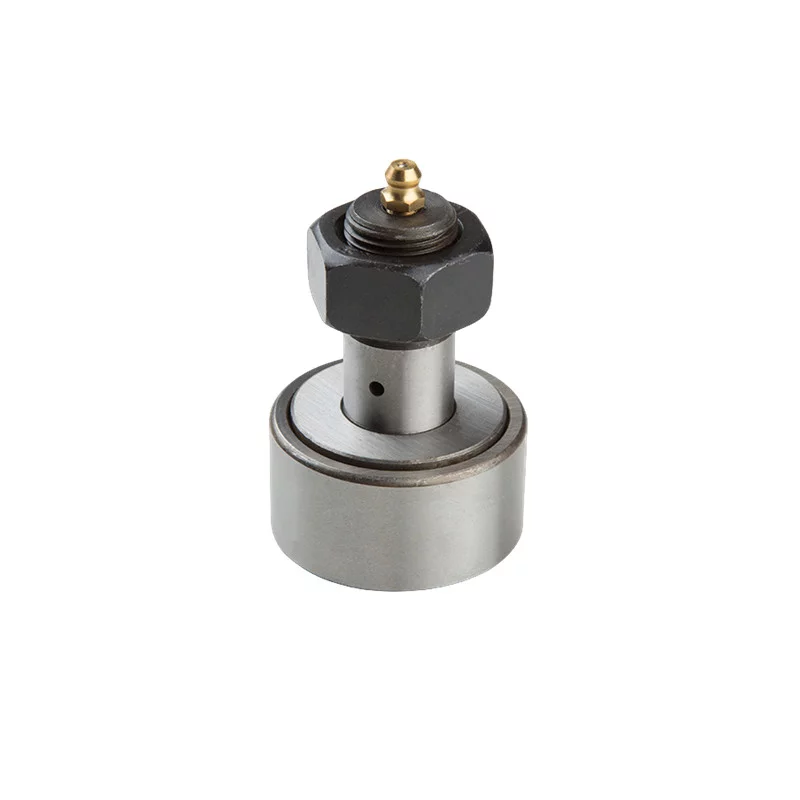 How to avoid roller bearing failures
How to avoid roller bearing failures
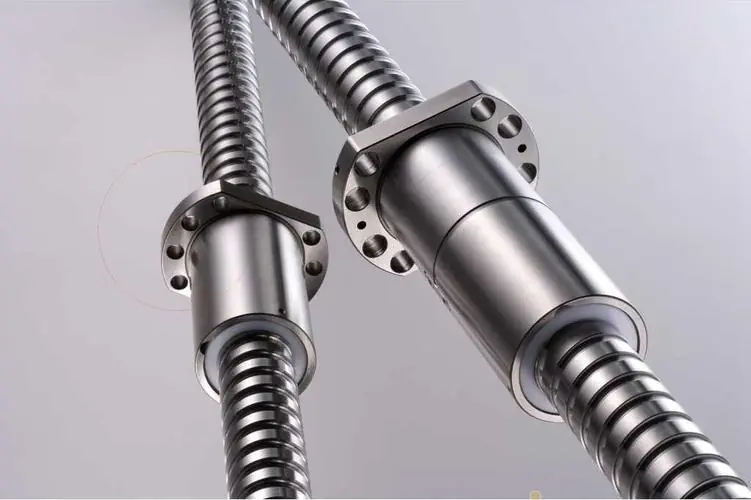 Why Precision Ball Screws are Vital for Industrial Automation and How to Choose the Right Supplier
Why Precision Ball Screws are Vital for Industrial Automation and How to Choose the Right Supplier
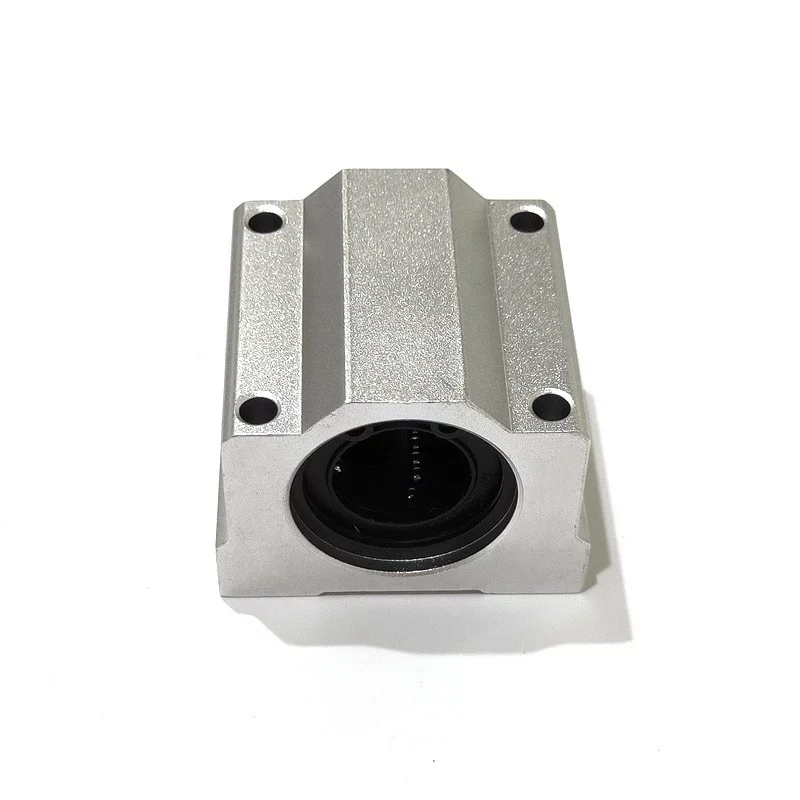 SAIVS Linear Motion Ball Slide Units – Precision and Reliability for Your CNC Needs
SAIVS Linear Motion Ball Slide Units – Precision and Reliability for Your CNC Needs
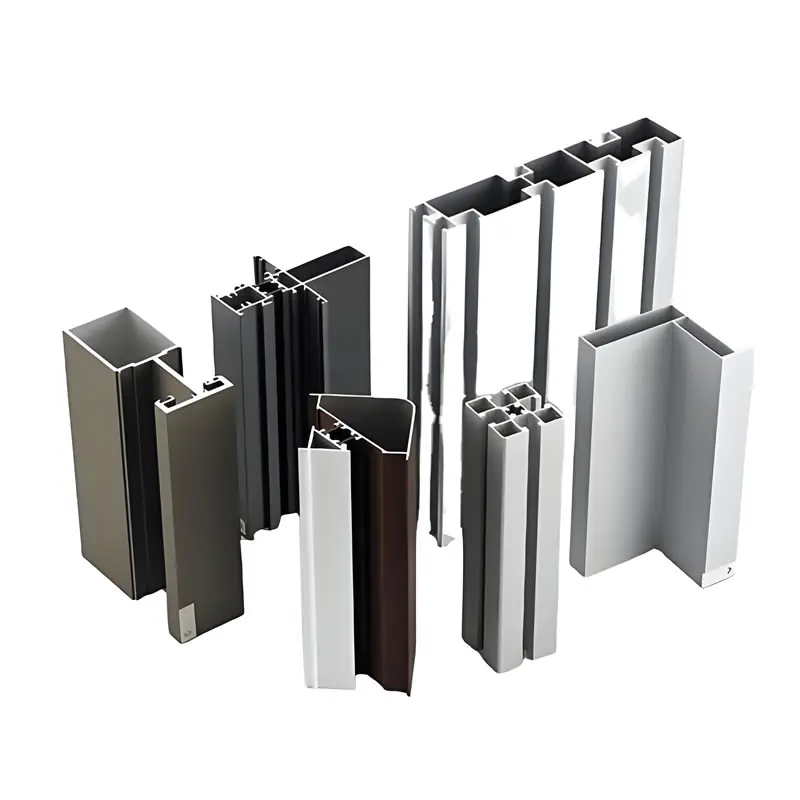 High - Quality T - Slot Aluminum Extrusion Profiles from Ningbo SAIVS Machinery Co., Ltd
High - Quality T - Slot Aluminum Extrusion Profiles from Ningbo SAIVS Machinery Co., Ltd

